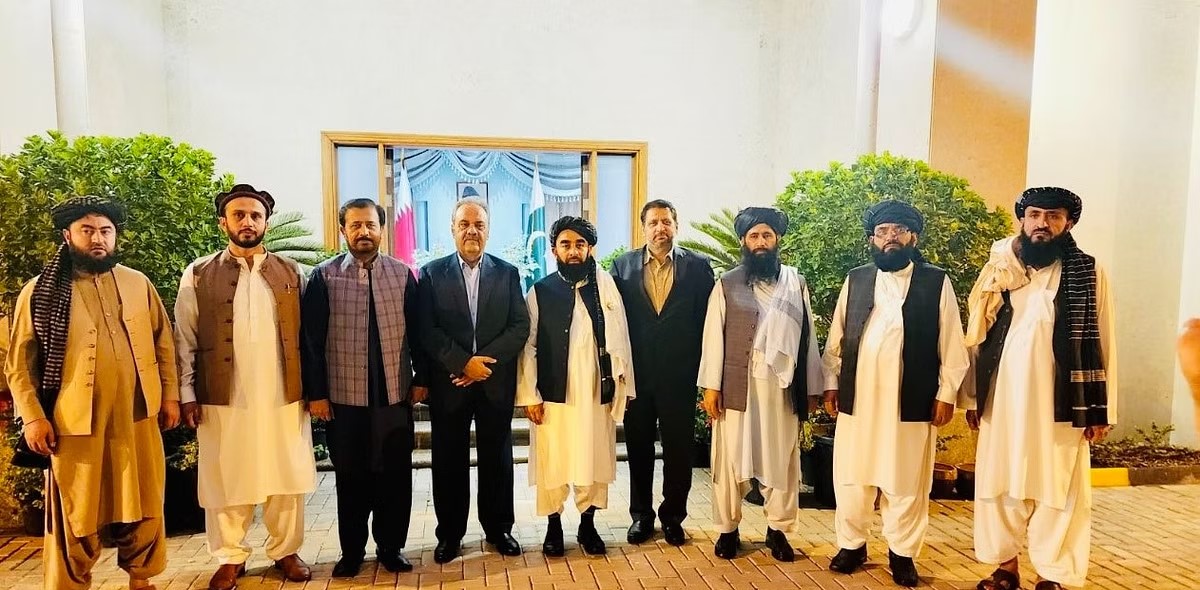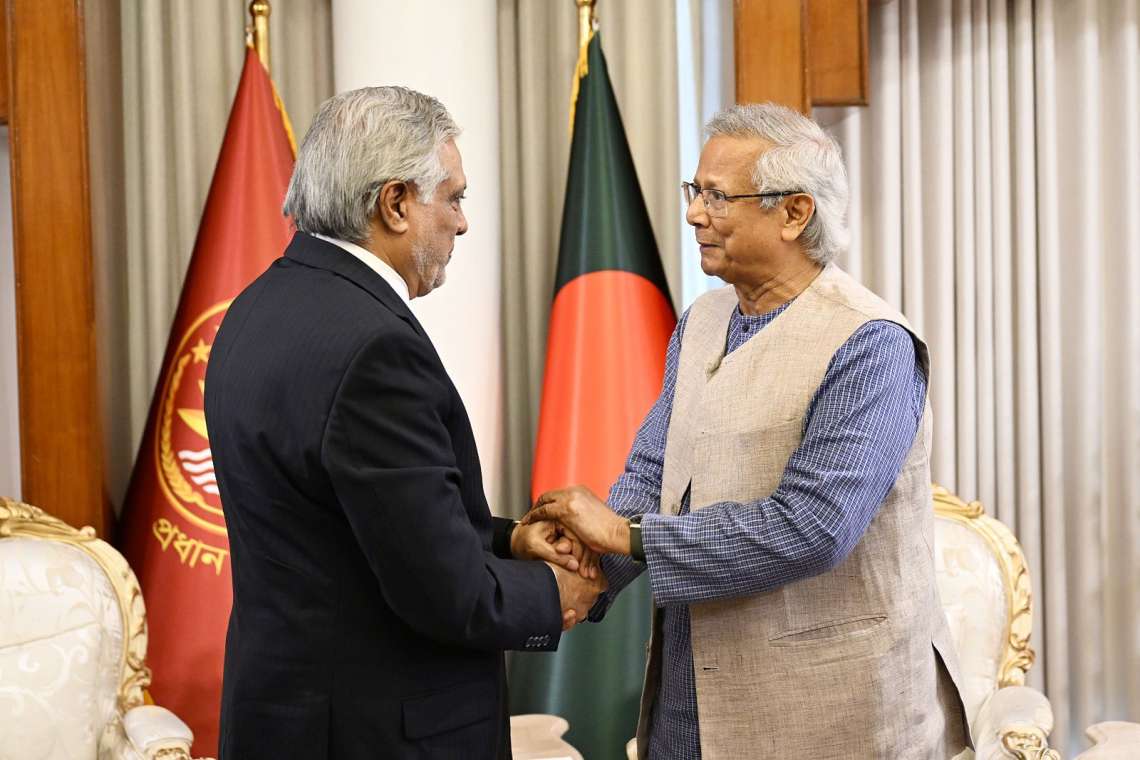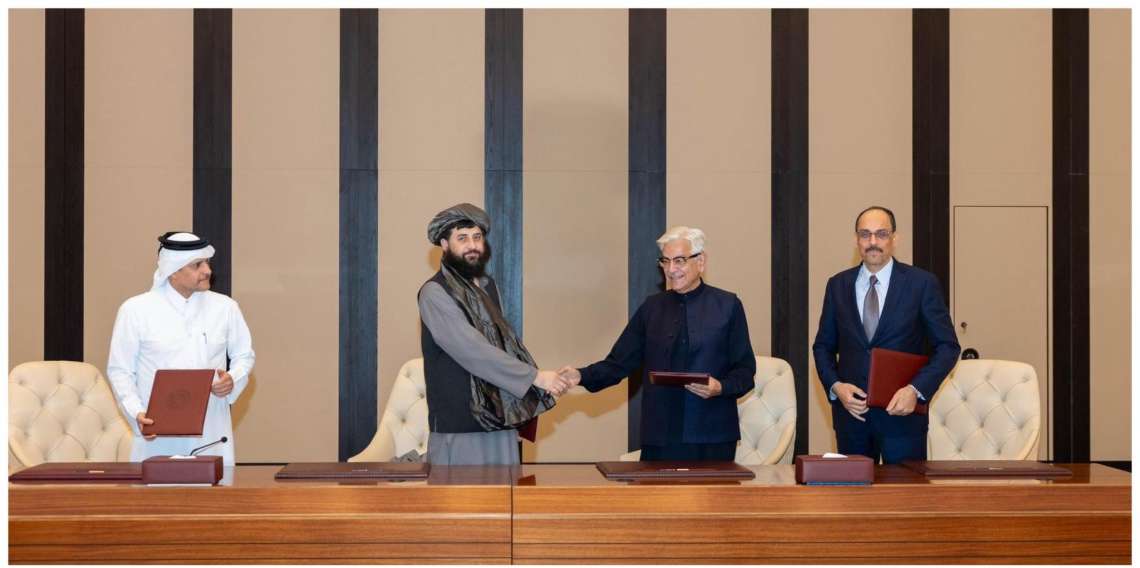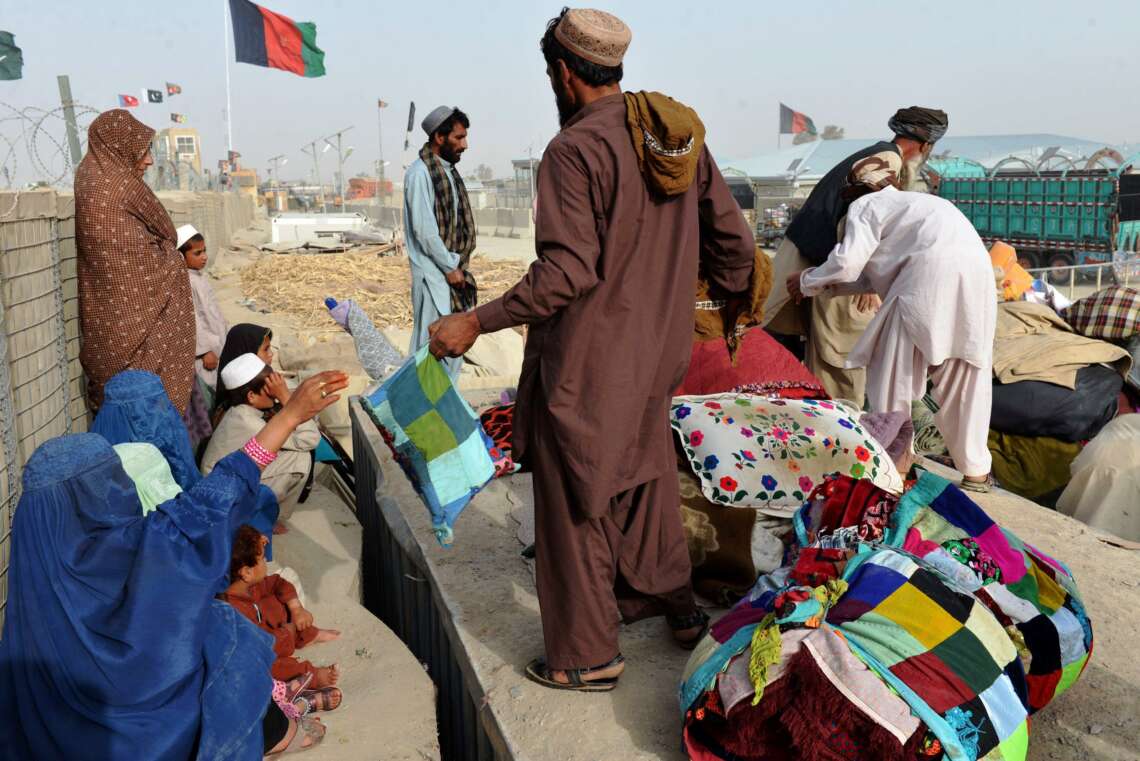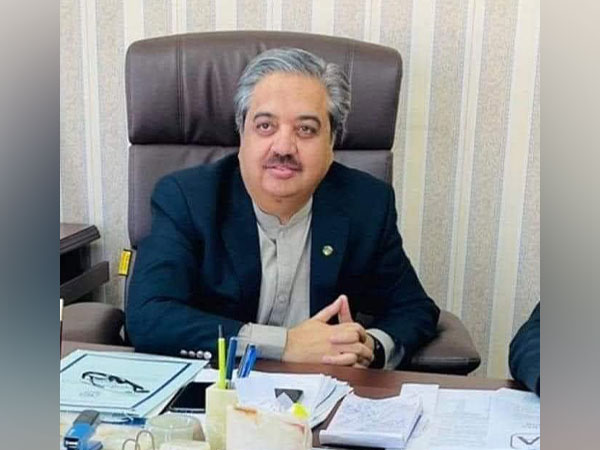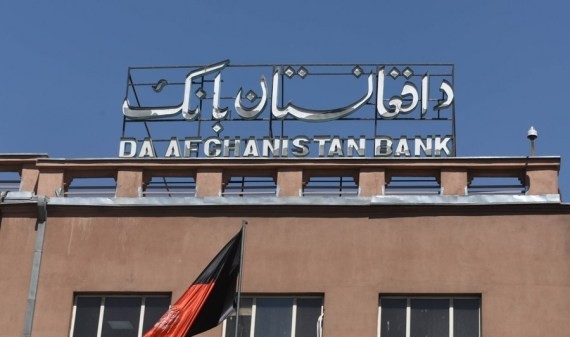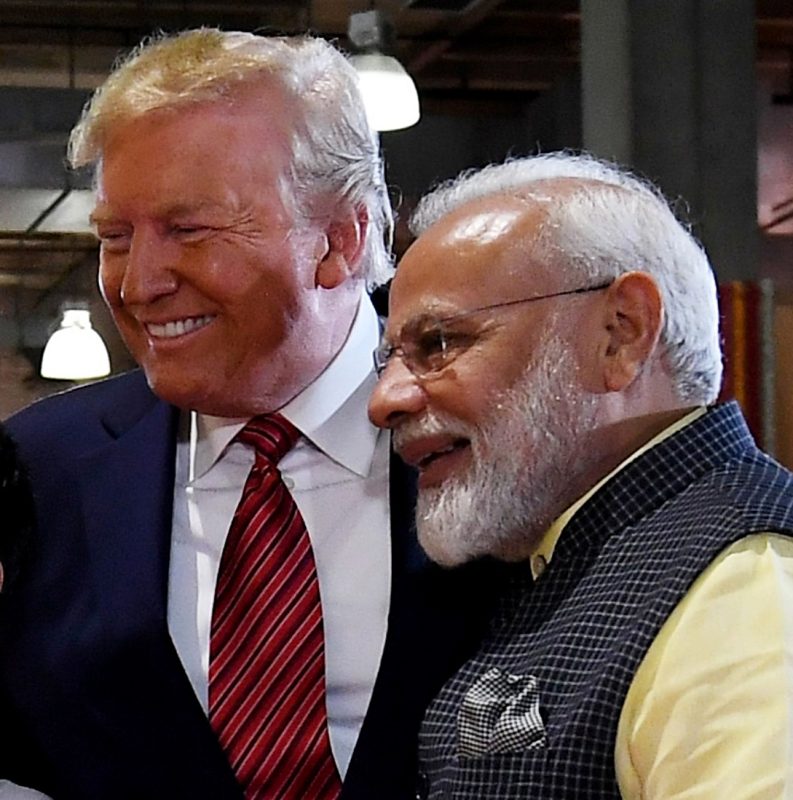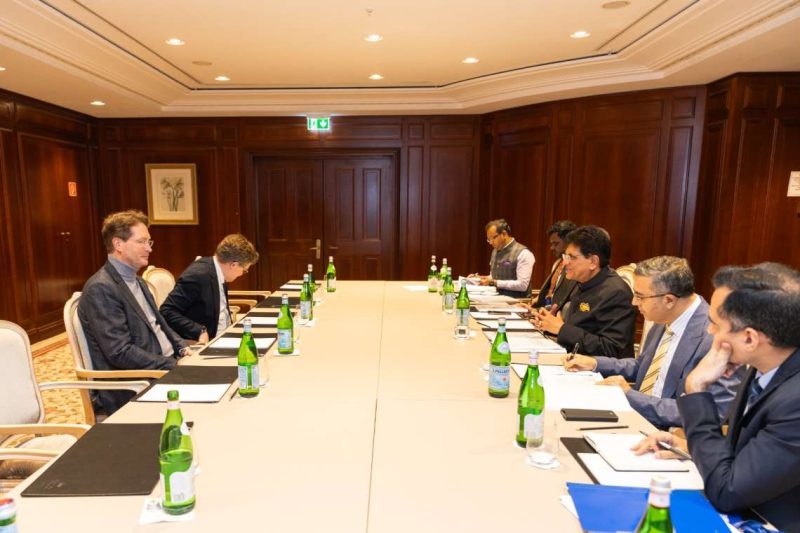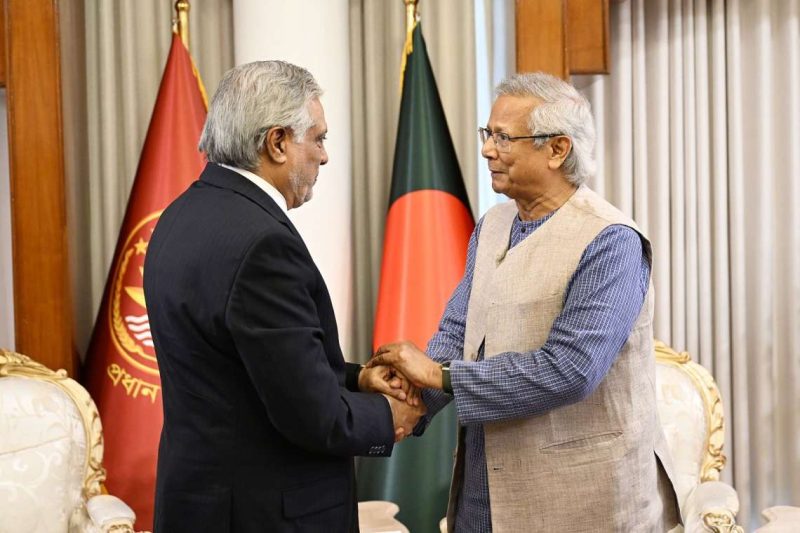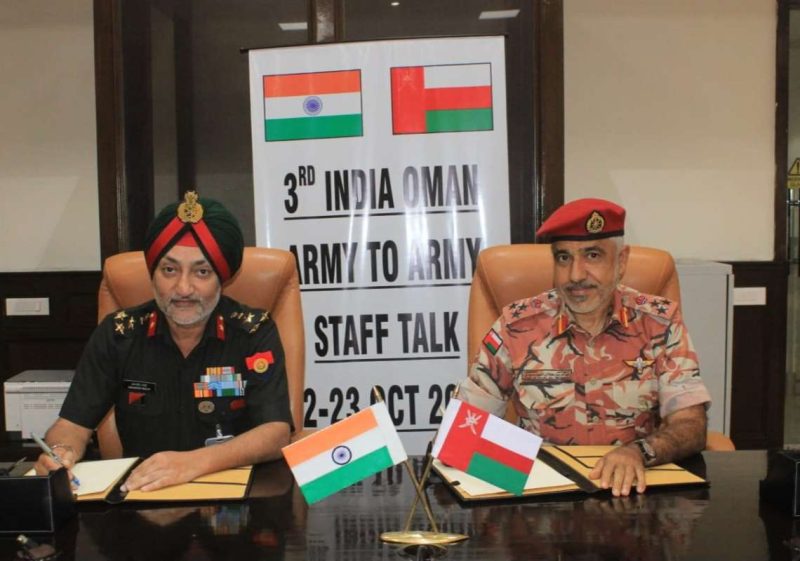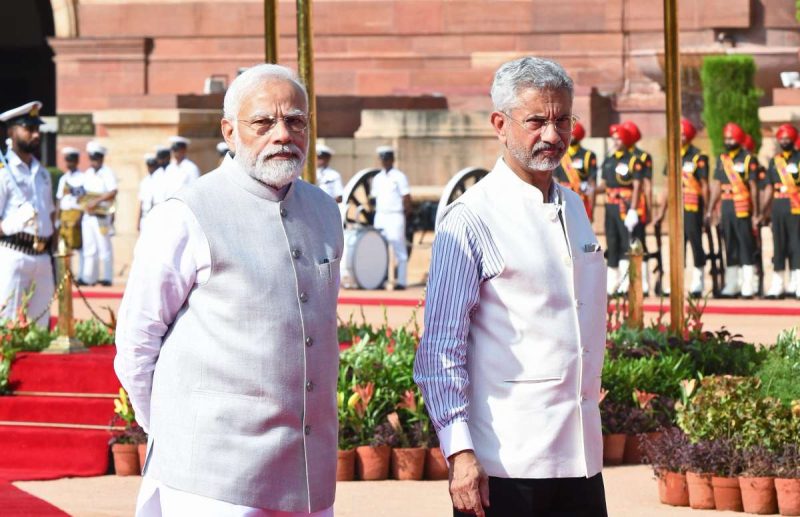While both sides have officially stated that the talks were “positive in nature”, inside sources revealed that many critical roadblocks still persist…reports Hamza Ameer
Pakistan and Afghan Taliban held important talks during an informal dinner meeting on the sidelines of the Doha process for Afghanistan earlier this week.
While both sides have officially stated that the talks were “positive in nature”, inside sources revealed that many critical roadblocks still persist.
The meeting between Pakistan’s Special Envoy on Afghanistan, Ambassador Asif Durrani, and Afghan Taliban’s Chief Spokesperson Zabiullah Mujahid was held at the residence of Pakistan’s Ambassador to Qatar.
The all-important UN-backed Doha process meeting was attended by several countries, including India.
During the Pak-Afghan meeting, many crucial and sensitive matters were discussed with both sides putting forward their demands and recommendations on the table.
As per reliable sources, Durrani highlighted the issue of the operational presence of Tehreek-e-Taliban Pakistan (TTP) on Afghanistan soil and told the Afghan Taliban to take action against the outfit.
Pakistan insisted that TTP militants are being trained, funded, facilitated, and supported on Afghan territory and are attempting to penetrate into Pakistan through many pockets of the porous Pak-Afghan border.
“Pakistan also briefed the Afghan Taliban on the scope of ‘Operation Azm-e-Istehkam’, asserting that there would be no talks with the TTP and the operation to take down TTP militants would not be compromised,” said a source on the condition of anonymity.
On the other hand, the Afghan Taliban raised serious concerns over the decision of the Pakistan government to repatriate 1.7 million illegal Afghans without consulting the Afghan Taliban and called for an immediate halt to the ongoing process.
The Afghan Taliban also reiterated its previous recommendations for peace talks between Pakistan and the TTP and expressed its readiness to facilitate them.
“Afghan Taliban’s demands were clearly negated by the Pakistan side,” the source stated.
Pakistan has already conducted air strikes on Afghan territory in the past and claimed to have destroyed TTP training centres operating freely on the Afghan side.
Pakistan Defence Minister Khawaja Asif also recently said that the option of conducting air strikes and military operations in Afghanistan to take down TTP militants remains an option and would be considered only if Afghan Taliban continues to ignore Islamabad’s demands of taking action against TTP on Afghan soil.
The Afghan Taliban also responded to the statement, threatening serious consequences to Pakistan if such an attempt was made.
Experts believe that while there was nothing achieved from the meeting in Doha, it can pave the way to more consultations and talks between the two sides which can be considered as a positive development.
“The meeting was part of renewed efforts by Pakistan to convince the Afghan Taliban to get rid of TTP and its affiliates. It would not be wrong to say that Pakistan’s hint of extending its military operation into Afghanistan has forced the Afghan Taliban side to table talks,” said senior political analyst Kamran Yousaf.
ALSO READ: Pakistan rice exporters facing shipment rejections from UK, EU


